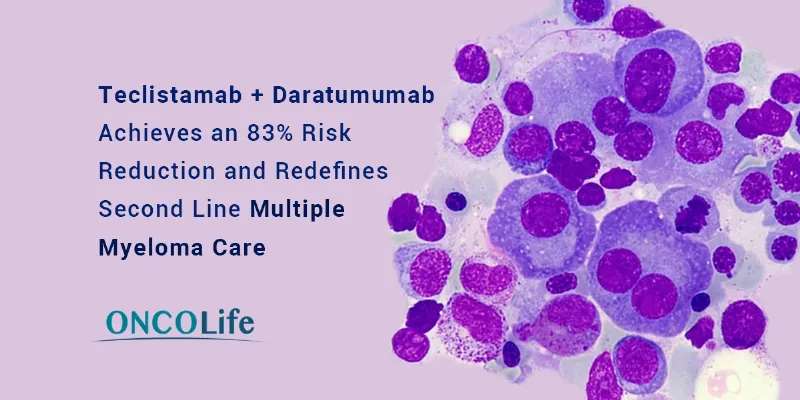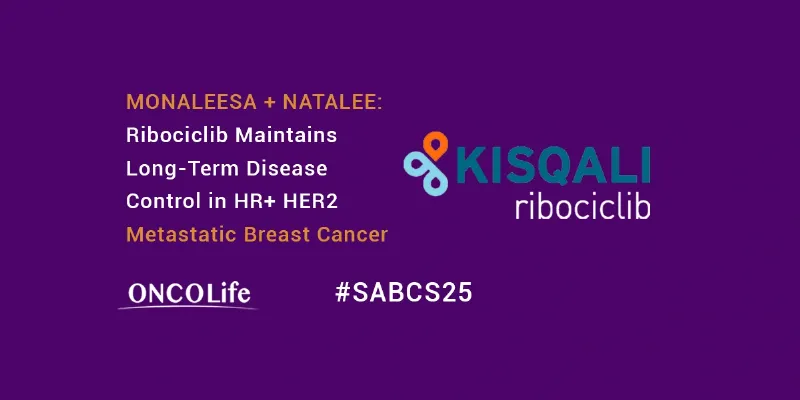Breakthrough in First-Line Ovarian Cancer Treatment: KEYTRUDA and LYNPARZA

Merck has announced a significant milestone in the treatment of advanced epithelial ovarian cancer. The Phase 3 KEYLYNK-001 trial demonstrated that KEYTRUDA® (pembrolizumab) plus chemotherapy, followed by maintenance LYNPARZA® (olaparib), significantly improved progression-free survival in BRCA non-mutated advanced ovarian cancer patients compared to chemotherapy alone.
While overall survival benefits were not achieved, the findings underscore the potential of combining immunotherapy and targeted therapies to advance personalized ovarian cancer care. Safety profiles were consistent with prior studies.
“For people living with ovarian cancer, there remains an unmet need for new treatment options that have the potential to improve outcomes. KEYLYNK-001 is the first positive Phase 3 trial for KEYTRUDA plus LYNPARZA, highlighting our commitment to research that may help address the global impact of women’s cancers,” said Dr. Gursel Aktan, vice president, global clinical development, Merck Research Laboratories.
Key Findings of the Trial
The randomized, double-blind Phase 3 trial involved 1,367 participants, all of whom received either:
- KEYTRUDA with chemotherapy, followed by KEYTRUDA and maintenance therapy with LYNPARZA,
- KEYTRUDA with chemotherapy, followed by KEYTRUDA and a placebo, or
- Chemotherapy with a placebo.
The addition of bevacizumab, an angiogenesis inhibitor, was optional based on the investigator's discretion.
The trial's primary endpoint was progression-free survival (PFS) in patients whose tumors expressed PD-L1 (CPS ≥10) and in the overall population. The results demonstrated a statistically significant and clinically meaningful improvement in PFS, highlighting the potential of this regimen for improving disease control in this challenging patient population. However, the secondary endpoint of overall survival (OS) was not met, leaving questions about the long-term impact of the therapy on survival rates.
Safety and Clinical Implications
The safety profiles of KEYTRUDA and LYNPARZA were consistent with prior studies, reinforcing their tolerability when used in combination. While KEYTRUDA is not yet approved for ovarian cancer, the trial's results may pave the way for future regulatory discussions.
Approved Uses of LYNPARZA in Ovarian Cancer
Currently, LYNPARZA is approved in the U.S. for specific ovarian cancer indications, including:
- Maintenance therapy for patients with BRCA-mutated advanced epithelial ovarian cancer responding to first-line platinum-based chemotherapy.
- Maintenance therapy combined with bevacizumab for HRD-positive ovarian cancer after first-line platinum-based chemotherapy.
- Maintenance therapy for recurrent BRCA-mutated ovarian cancer responding to platinum-based chemotherapy.
Each of these indications requires an FDA-approved companion diagnostic test for patient selection.
A Step Toward Personalized Oncology
The KEYLYNK-001 trial represents a step forward in personalizing treatment for ovarian cancer. By combining immunotherapy with targeted therapies like PARP inhibitors, the trial highlights the potential for tailored approaches to improve outcomes for specific patient subgroups. However, the lack of OS benefit underscores the need for continued research to fully understand the role of these therapies.











Comments
No Comments Yet!